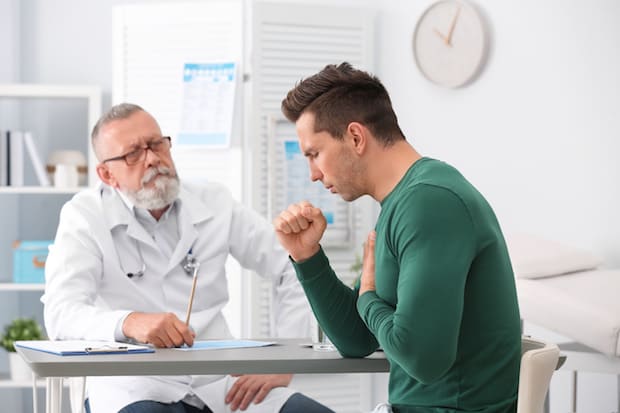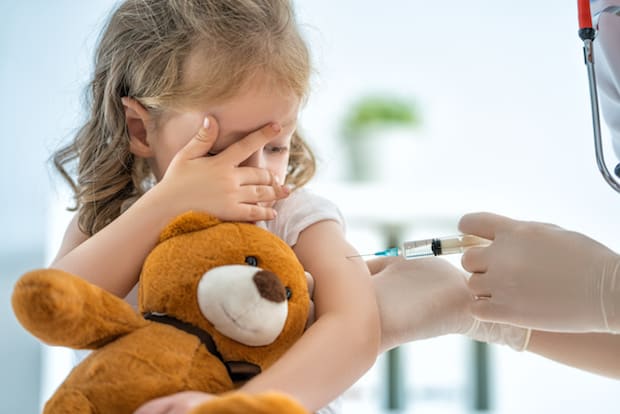Table of Contents
I. How are Infections Transmitted?
III. Hygienic Food Preparation
V. Sexually Transmitted Diseases
How are Infections Transmitted?
Viral infections are caused by tiny organisms that move from person to person. These microscopic organisms are called microbes, and they enter through openings in our bodies, such as our nose, mouth, ears, anus, or genital passages. Insect or animal bites can also transmit diseases when they pierce the protective layer of our skin. [1] For many common viral infections, your doctor may prescribe Zovirax (acyclovir), Zovirax cream, Valtrex (valacyclovir), or Famvir (famciclovir) to treat your symptoms. Preventing the transmission of viral infections comes down to blocking harmful microbes from entering our bodies.
The best way to avoid spreading an infection to others is to prevent getting an infection. Good personal hygiene habits will help defend against pathogens that try to get into your body. You can significantly reduce the transmission of viral infections by: Manufacturers, farms, and food companies take steps to handle and supply food safely. But mass production means we don’t always know where our produce comes from or how far it traveled before it lands in our shopping cart. The time our food spends on display means it interacts with millions of germs every day, so hygienic food practices are important for stopping the transmission of infections through food. [2] When shopping, you may want to purchase refrigerated or frozen items after picking non-perishable foods to reduce the time between thawing and cooking. This is because frozen microbes can reactivate and multiply once no longer frozen. If the packaging for meat or poultry is torn, don’t choose it. You should also avoid buying food that has passed its listed expiration date. [3] Once you get home, you’ll want to follow four steps to handle your food: Vaccines can help your body defend against viruses. They are designed to expose you to a safe amount of the weakened virus so that your immune system learns to recognize and attack the infection. [4] Health care providers recommend that children take their childhood vaccinations, and adults should ensure their vaccinations are up to date. The most common vaccines include vaccines against the flu, meningitis, pneumonia, shingles, measles, mumps, and hepatitis. [5] Vaccinating your pets against parvovirus, distemper, hepatitis, and rabies can help protect you and your family. [1] Because close contact is the primary way viruses transmit, infections by sexual transmission are common. The only way to one hundred percent avoid a sexually transmitted infection is not to have sexual contact. If that isn’t feasible, the next best way to avoid sexually transmitted diseases (STDs) is to practice safe sex guidelines. You and your partner can get tested to ensure you are negative for HIV and other STDs. Then, limiting your sexual partners to each other is advised. Any time you have a new sexual partner, make sure they are tested as well. [1] Prior to traveling abroad, ask your doctor about immunizations you may need. Some areas have specific insect-borne diseases. For example, mosquitoes in various tropical regions may carry malaria, dengue, yellow fever, or Japanese encephalitis. Be wary about getting shots or tattoos while overseas because needles and syringes in some places are reused. Boiling tap water before drinking and using bottled water to brush your teeth can reduce the risk of infections. [1] Ticks and mosquitoes are carriers of many viruses and bacteria. Most mosquitoes don’t carry diseases in northern climates, but some still do. Ticks can transmit Lyme disease and encephalitis. Since bugs are common in the wild, they are usually transported into your home through contact with your pets. Steps you can take to reduce the risk of bug-related infections include: Because microbes are invisible to the naked eye, viral infections can be difficult to prevent completely. This is why drugs like Zovirax (acyclovir), Zovirax cream, Valtrex (valacyclovir), and Famvir (famciclovir) are available to treat symptoms when infections do occur. The good news is that practicing good hygiene can help you prevent a large portion of potential infections. The content in this article is intended for informational purposes only. This website does not provide medical advice. In all circumstances, you should always seek the advice of your physician and/or other qualified health professionals(s) for drug, medical condition, or treatment advice. The content provided on this website is not a substitute for professional medical advice, diagnosis, or treatment.
Practice Good Hygiene
Hygienic Food Preparation
Vaccinations

Sexually Transmitted Diseases
Travel Precautions

Bug-borne Pathogens
